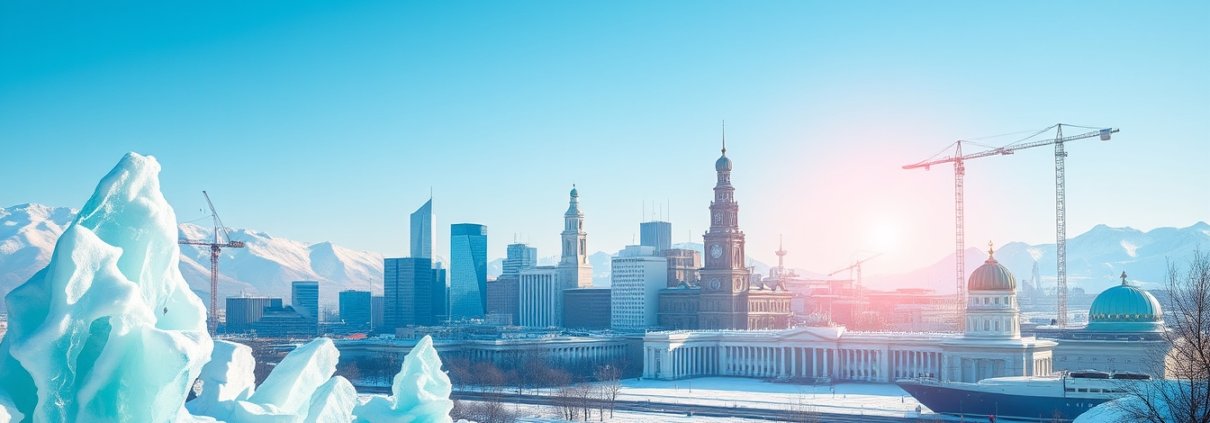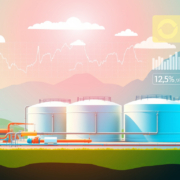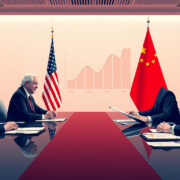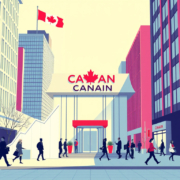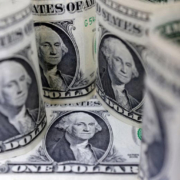Unlocking Stability: The EU’s Strategic Play to Leverage Frozen Russian Assets for Ukraine’s Future
EU’s Complex Plan to Unlock Frozen Russian Assets Is Vital for Financing Ukraine
By Dennis Shen, Published October 21, 2025
The European Commission has built a plan that uses frozen Russian money to help Ukraine. The war leaves Ukraine with few funds, so this plan seeks to free about EUR 140 billion. The idea is to support Ukraine without causing legal or political problems in the EU. Each word links closely with the next, so the meaning stays clear.
The Complexity of the Plan
The plan grows complex as the EU avoids taking Russian funds outright. This choice keeps the euro safe and stops legal fights in court. The plan lets Russia keep its legal claim. That step stops splits between EU members, which have hindered past efforts to use these funds.
Under this plan, the frozen cash is switched to short-term EU bonds with no coupon payments. At the same time, Ukraine receives zero-interest loans as cash. Ukraine gets these funds after it makes needed reforms. Loan repayment is due only when Russia stops the war and pays for war damage.
Upcoming Decisions and Timeline
The European Council will meet on October 23 to decide how to use these funds. Once the agreement appears, lawmakers can work fast to set a legal framework. They hope to unlock the cash by the second quarter of 2026. Credit experts think an agreement may come soon since other financing choices do not count.
Why Mobilizing Frozen Russian Assets Is Essential
At first, Western governments had hoped the war would soon end, but that did not happen. Western allies have given about EUR 321 billion to Ukraine already. Yet Ukraine needs about USD 50 billion each year. Over time, Ukraine’s total need may pass USD 200 billion.
Western countries face rising debts and higher military spending. They find it hard to keep up with Ukraine’s needs. The EU, Ukraine’s top supporter, risks political pushback if it gives more funds. In this light, using Russian money makes Russia share in the cost of war. This plan also helps ease pressure on taxpayers. In an earlier plan, the G-7 used some interest from frozen funds. That source, however, is nearly gone.
The Structure and Financial Impact of the Plan
The zero-coupon loans act like gifts because Ukraine pays back only if Russia ends the war and pays Ukraine. This structure keeps Ukraine’s public debt low. That point matters as Ukraine already struggles with debt during the war.
The Commission also suggests a key rule change. Instead of needing every member to agree, a qualified majority would let frozen money be used in the future. This rule stops one member from blocking a needed vote.
Addressing Member States’ Concerns and International Cooperation
Some EU members worry about legal costs from possible Russian court cases. For example, Belgium wants to avoid having all legal costs fall on it. The Commission says a fix can be found.
The Commission asks other partners with frozen Russian money to join the plan. The United Kingdom, for instance, has a similar idea for about GBP 25 billion in loans.
Some debate still exists. German Chancellor Friedrich Merz has asked that the funds go only to buy military gear for Ukraine. Some voices warn that Ukraine also needs money for pensions, wages, and help for civilians. They point out that the plan must meet a wide range of needs.
A Clear and Indirect Channel to Fund Ukraine
In this plan, governments will back loans as guarantees. These acts count as hidden debts for central governments. Yet with Ukraine’s high need for cash, freed Russian assets may stop the EU from using more direct loans or gifts. This way, funds flow indirectly while keeping current costs in check.
Conclusion
The EU’s plan to free frozen Russian money is a careful path to support Ukraine’s war effort and rebuilding. The European Council meeting and legal work ahead stand as important steps for the plan’s future.
Without this form of support, both the EU and its partners would face the hard work of filling a rising gap in Ukraine’s funds. This gap could strain Western unity and test Ukraine’s strength in a long war.
Dennis Y. Shen is Chair of the Macro Economic Council and Lead Global Economist at Scope Ratings, based in Berlin, Germany. The Macro Economic Council brings together views on credit from the sovereign, financial, corporate, and project finance sectors.
For a full overview of today’s economic events, visit our economic calendar.
Related Articles:
- China GDP Slows, Industrial Output Jumps after Export Surge; AUD/USD and Hang Seng Climb
- NASDAQ Index, SP500, Dow Jones Forecasts – Dow Jones Tests Historic Highs As 3M Gains 6.4%
- Gold (XAUUSD), Silver, Platinum Forecasts – Gold Dives 5.6% Amid Sell-Off In Precious Metals Markets
This article is part of FXEmpire’s ongoing coverage of key economic and geopolitical developments affecting global markets.
Full money-growing playbook here:
youtube.com/@the_money_grower

